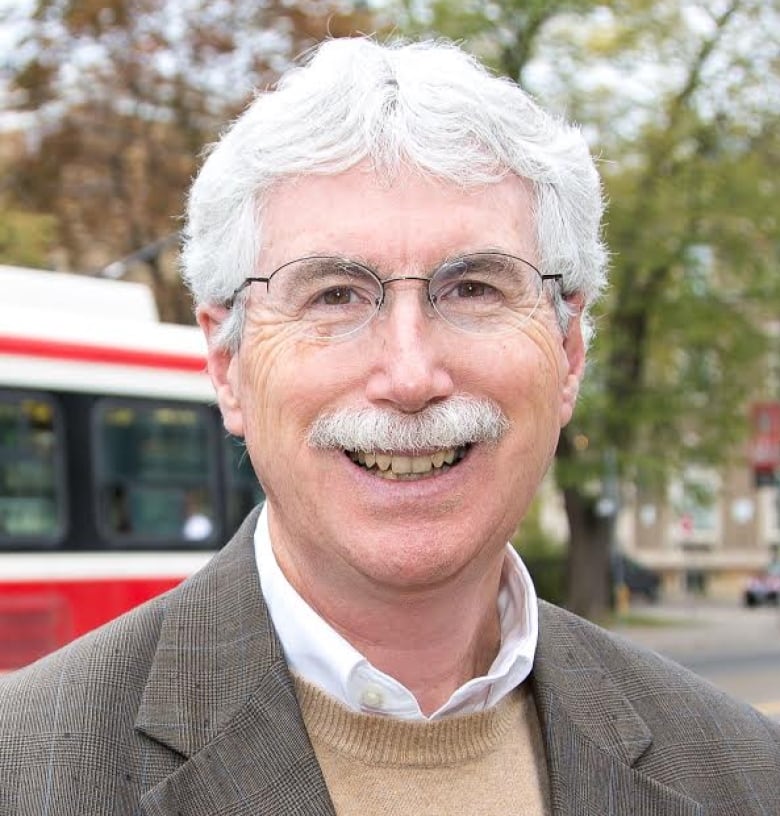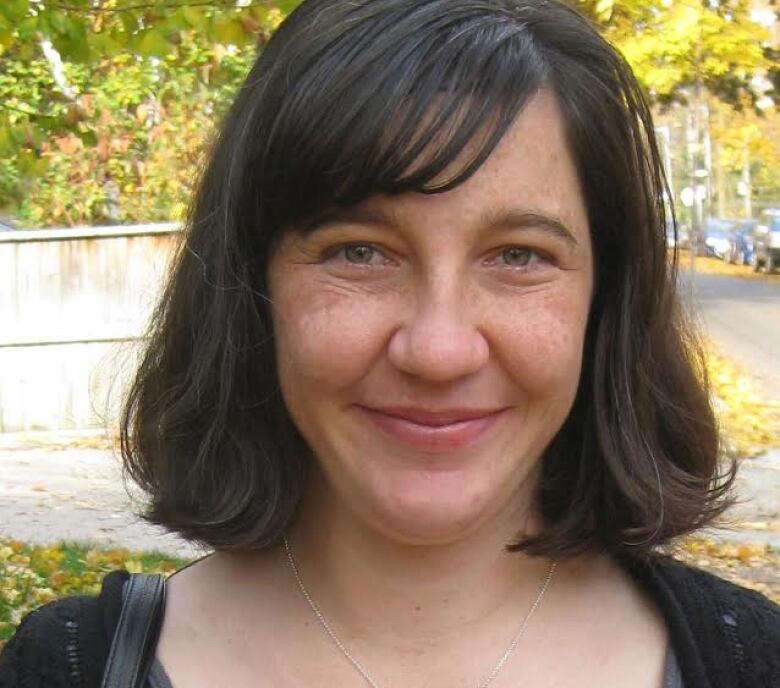Could road tolls boost Toronto transit ridership?
Experts say potential tolls on Gardiner, Don Valley Parkway could have long-term impact

Toronto Mayor John Tory's plan to introduce road tolls for the Gardiner Expressway and Don Valley Parkway could boost ridership on GO Transit and the TTC, some transportation experts say.
Putting tolls on these highways — two major routes carrying thousands of people in and out of Toronto each day — may encourage some people to switch over to transit, said Eric Miller, director of the University of Toronto Transportation Research Institute.

"Long-run impacts could be quite profound," he said, referring to the potential ridership and funding boost.
Cherise Burda, director of the Ryerson City Building Institute, also anticipates increased ridership.
"It's a challenge to get drivers to move over to transit, and it's probably something that will happen over time as our transit system becomes more robust," she said. "The whole reason tolls are being considered is to raise money for transit."

Is Toronto transit ready for more riders?
So if road tolls meant more drivers started ditching their cars in favour of GO train or TTC trips, could Toronto's transit network handle the additional riders?
"It's important to note that implementing a toll can take a few years," Burda said. "So, while that's happening, it gives us an opportunity to finish some of our upgrades to the GO system — and it'll be closer to the time when some other big projects come online, like the Eglinton Crosstown."
- Highway tolls needed to 'tame the traffic beast,' Toronto mayor says
- $1 billion added to Gardiner repair could be fixed by road tolls, Tory says
- Toronto Mayor John Tory's road toll proposal unique in Canada
Both the TTC and Metrolinx, which operates GO Transit, said they won't be commenting on the road toll plan.
But Anne Marie Aikins, spokesperson for Metrolinx, did note the level of service expansion which could coincide with potential tolls.
The transit service just announced expansion plans to help accommodate more trains for regional express rail and is opening a new station, Gormely, on the Richmond Hill line, she said in an email.
"The expansion of more trains [and] service won't happen across all seven lines overnight," Aikins added. "But it is expected any potential road tolls — which likely will get more people out of their cars — would take a few years to implement as well."

TTC Chair Josh Colle said ridership on the system has gone up every year for the last decade, but softened this year.
He also said potential road tolls could lead to a boost in ridership, and said they're "welcome news" since the funds would help the TTC provide a "more reliable and enhanced level of transit service."
The money from road tolls would help fund some key transit items, including a subway Downtown Relief Line running north-south to ease the TTC's crowded Line 1, the Waterfront LRT, and the mayor's Smart Track plan to add stops to existing regional rail lines to ease the burden on the TTC.
"It's really good news for transit and for transit riders," Colle said.
Tolls won't address current TTC needs: critic
Not everyone is sure about that just yet.
Money from road tolls wouldn't address the TTC's immediate budgetary needs and stagnating ridership, said Jessica Bell, executive director for the grassroots transit advocacy organization TTCriders.
"We encourage [Tory] to look at revenue tools that would be quicker to implement, wouldn't require provincial approval, and would bring in more money, more quickly," Bell said, referring to ideas like a vehicle registration tax, parking levy or property tax increases.
The mayor's executive committee is set to review a report on new revenue tools at its meeting on Dec.1. The report urges city council to look at several new measures, including the vehicle registration tax.

"I'm feeling much more optimistic about Toronto transit"
Other potential measures aside, transportation experts say the time is right for road tolls.
"Five years ago might've been too early, but now we do have more options in place. We've already seen improved service on the GO network. Lakeshore has longer trains. They've added express routes. They've added new service, and that's only going to get better," said Burda.
The most exciting part of the plan are the "long-run possibilities," noted Miller, thanks to a large, secure source of revenue for the city.
"I'm feeling much more optimistic about Toronto transit today than I have in some time," he said.
With files from Andrew Lupton and Andrea Janus